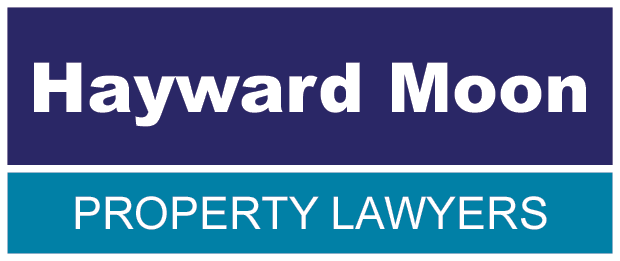During the conveyancing process you will hear reference to the Land Registry. We discuss the importance of this Government department in our latest article.
What is the HM Land Registry?
HM Land Registry was set up in 1862 as a government department responsible for maintaining a central register to record property ownership in England and Wales. Compulsory registration was brought in 1990 and since then 26 million titles are registered, which equates to more than 88% of the land across England and Wales.
Why is land registered?
Registering land under a central register is an effective way to build and maintain a record where the state can guarantee the title. This means that if there is an error in the register to the owner’s detriment, the Land Registry can pay appropriate compensation.
As all the title documents are centrally recorded, it is also much easier to download these from the land registry than search for your unregistered deeds.
What information is contained in a title register?
It is divided into three sections:
· The first section (Property Register) describes the property by reference to the title plan and contains details of any rights benefiting it;
· The second section (Proprietorship Register) shows who the current owner is.
· The third section (Charges Register) contains details of matters burdening the title such as any existing mortgages of the seller and covenants restricting how the property can be used.
What is a title plan?
The title plan shows the extent of the property edged in red. The plans do not show precise boundary locations – just the general boundary position.
Can I check whether my property is registered?
Yes you can. You are able to check directly with the Land Registry and they will provide you with a certificate with the result of your search showing whether your property is registered or not.
Should I register my property?
Land or property must be registered when it changes hands or it is mortgaged. However, you can also apply voluntarily. The benefits of doing this before a sale are:
· It can help make the selling process smoother in the future, as the title documents would be digitised.
· Registering the property helps in case the deeds are lost.
· Unfortunately, property fraud is increasing. The Land Registry offer a ‘property alert system,’ which provides updates or notifications if there is activity on the title to your property.
· The Land Registry charge a fee for registering a property based on the value of the property. This fee is reduced if an application is made voluntarily.
Please note this article is provided for general information purposes only to clients and friends of Hayward Moon Limited. It is not intended to impart legal advice on any matter. Specialist advice should be taken in relation to specific circumstances. Whilst we endeavour to ensure that the information in this article is correct, no warranty, express or implied, is given as to its accuracy, and Hayward Moon Limited does not accept any liability for error or omission.
Please note this article is provided for general information purposes only to clients and friends of Hayward Moon Limited. It is not intended to impart legal advice on any matter. Specialist advice should be taken in relation to specific circumstances. Whilst we endeavour to ensure that the information in this article is correct, no warranty, express or implied, is given as to its accuracy, and Hayward Moon Limited does not accept any liability for error or omission.



